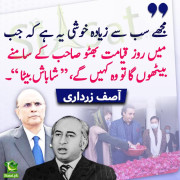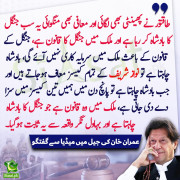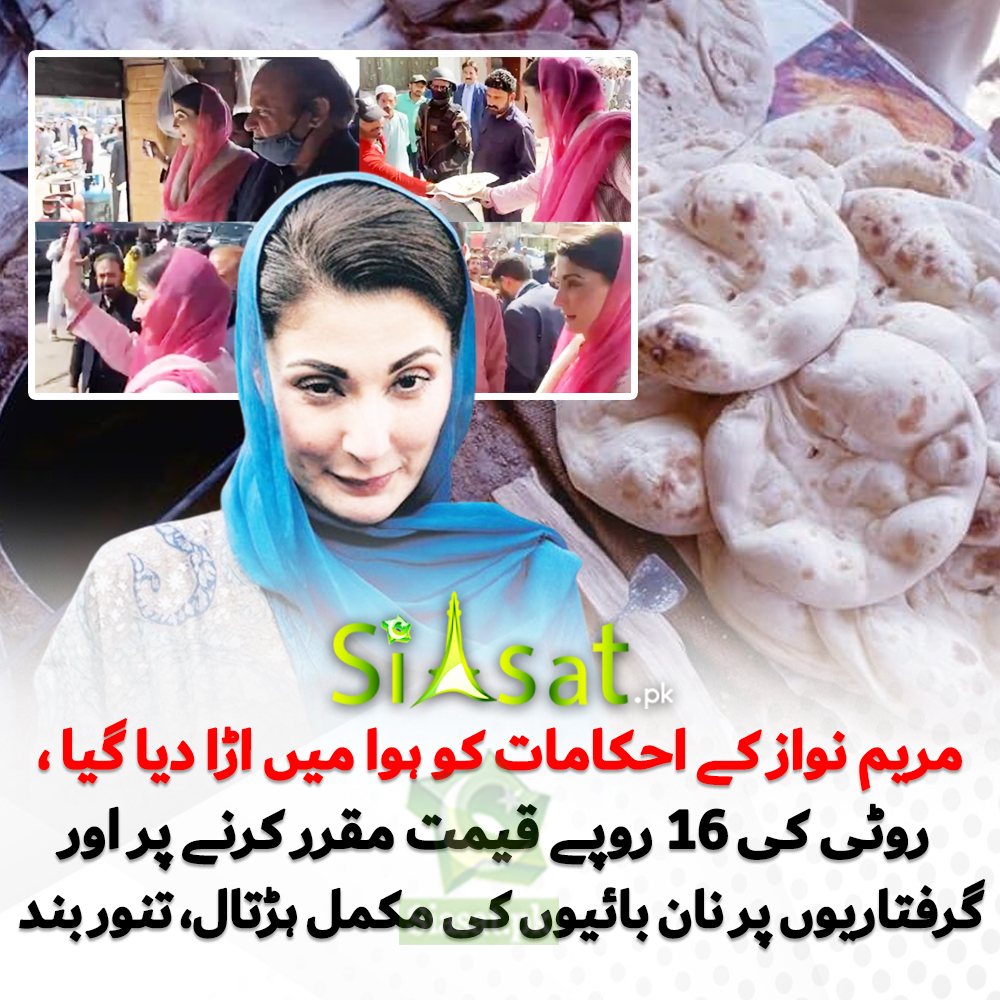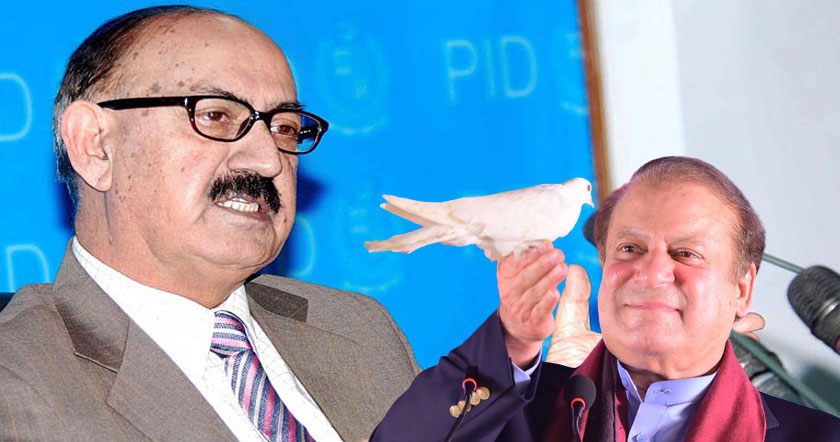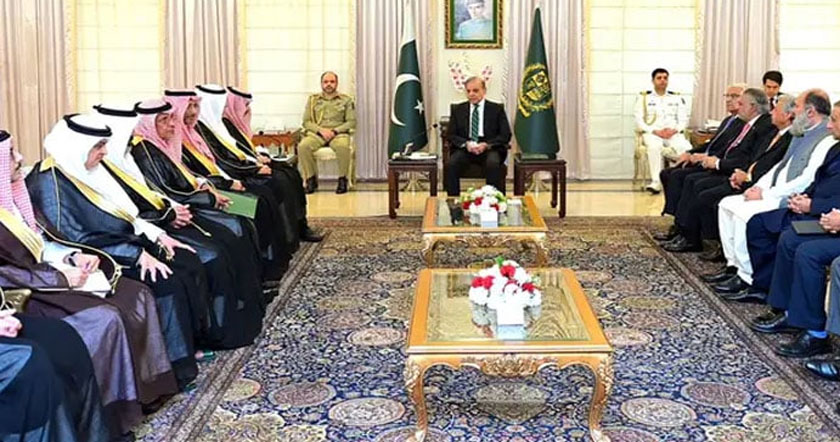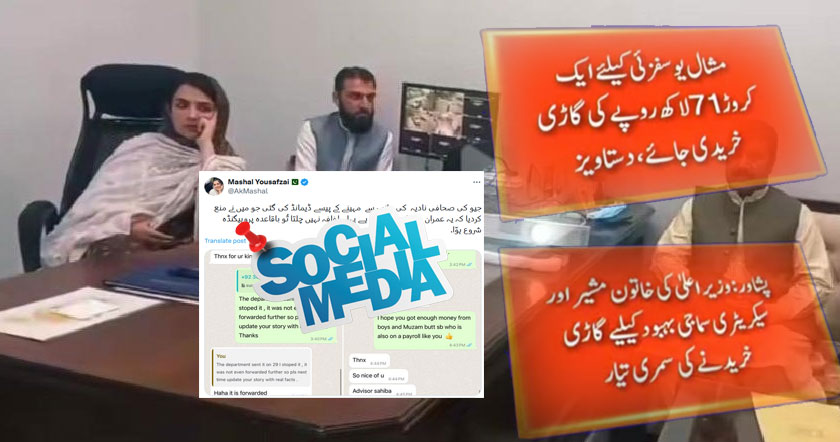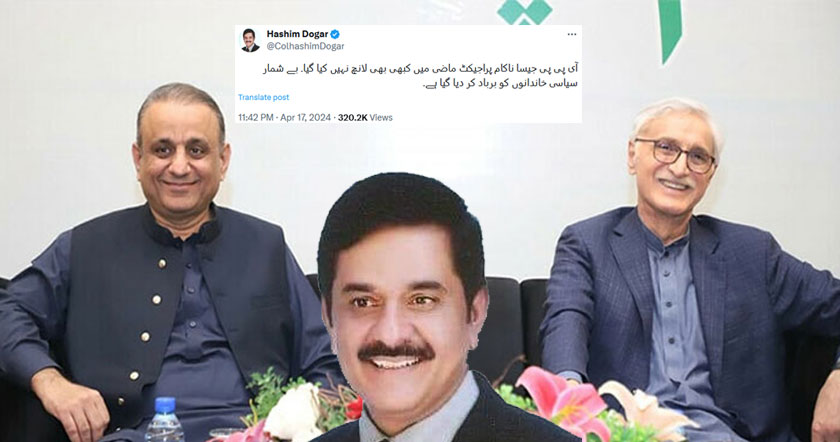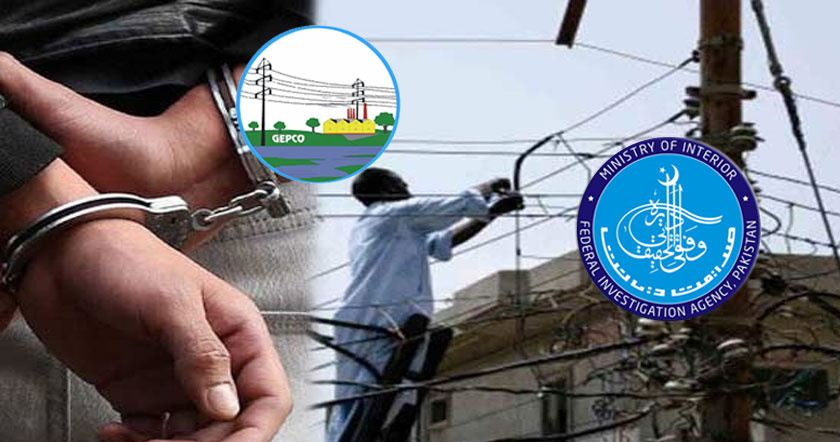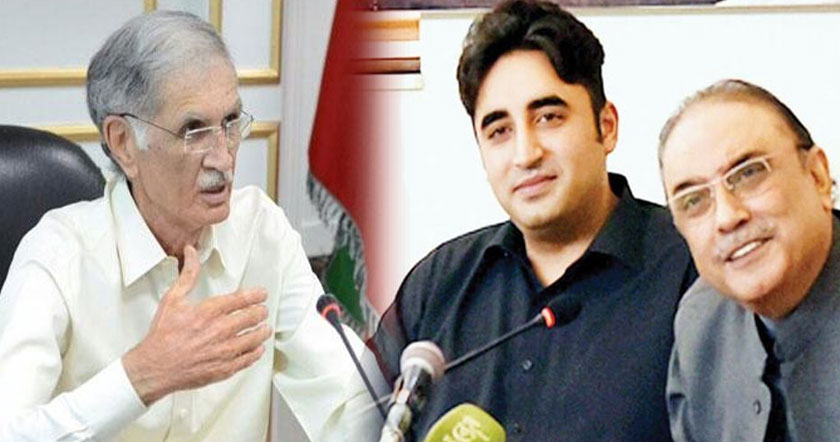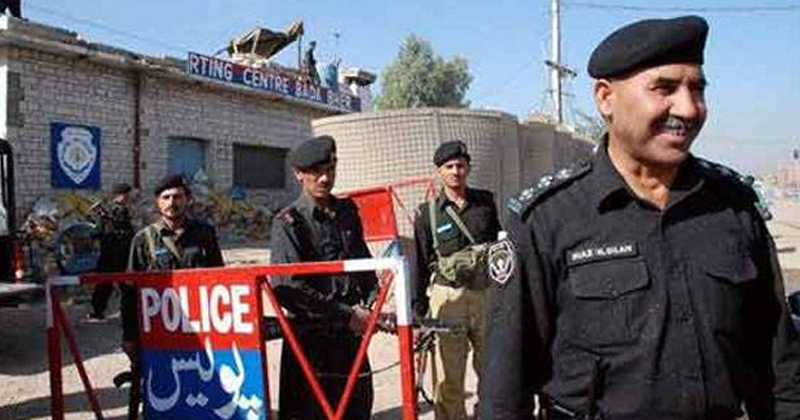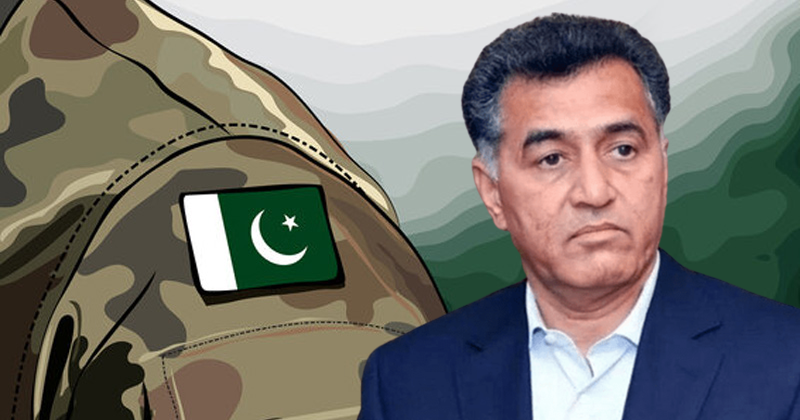Gazoo Notes to Indian members: I haven't posted a thread about India for a long time. I apologize in advance for choosing this news to break the spell (bigsmile)(bigsmile)
South shines due to telecom, outsourcing, north rots like tomato. India the most developed nation in the region but cant salvage the vegetables. Shine on India. Very soon you will be poor again

In this Aug. 3, 2011 photograph, rotten jackfruit and tomatoes are separated to be salvaged at a garbage dump at one of Asia's biggest wholesale markets, Azadpur mandi, in New Delhi, India.
SOLAN: For Sunil Sharma, a young tomato farmer in northern India, trucking his produce to New Delhi‘s wholesale vegetable market is a weekly obstacle course — and a race against time.
He must navigate poor roads from his farm in the Himalayan foothills, landslides triggered by monsoon rains and petty corruption by police, all before the crop in the back of his blazing hot truck degrades to worthless rot.
During one recent journey trucking tomatoes for himself and two other farmers to the capital, he was stuck for three days.
“Of the 350 crates of tomatoes I started out with, I could salvage only around 150 crates. The rest had turned to pulp,” a despondent Sharma said.
India is plagued by malnutrition and soaring inflation, but it’s not for lack of food. It is the world’s second largest grower of fresh produce, but loses an estimated 40 percent of its fruit and vegetables to rot because of a lack of refrigerated trucking, poor roads, inclement weather and corruption.
Post-harvest food losses of the scale found in India are a problem throughout the developing world and translate into lower incomes for farmers and higher prices for consumers. Inflation is already undermining living standards across Asia with world food prices at record highs since December last year, according to the UN food agency. In India, home to more than a third of the world’s 150 million malnourished children under 5, food inflation reached nearly 10 percent in July.
“It’s criminal neglect on the part of the government to allow this volume of wastage,” says Biraj Patnaik, an adviser to India’s Supreme Court on food policy issues. “Just cutting back on the waste would make such a dent in bringing down food inflation, making food more affordable, and hence, available to poor families.”
At a busy New Delhi market, shop-owner Raj Kumar polishes his vegetables with a drop of oil on his duster. Shiny purple eggplants nestle against bright green beans and golden lemons beckon middle class shoppers.
But around the corner from Kumar’s brightly lit shop lay the food that had arrived there wilted and rotten: a heap of beans turning gray, mushy eggplants and blight-blackened potatoes.
“I throw out vegetables every day. What can I do with them? Nobody wants these,” he said.
Savitri Debi, a housewife with two teenage children, says she is shocked and angry at the mass of vegetables thrown away by shopkeepers.
“Vegetable prices keep going up and up. But look at the amount that is wasted,” says Debi as she shopped for groceries. “It just makes me so angry that every day this place has mounds of rotten vegetables, when we can barely afford to buy potatoes.”
The government, as well, has expressed horror and frustration at the rot. It has begun work on a strategy to cut post-harvest losses by building modern grain silos, cold storage warehouses and setting up farmers’ markets in remote areas to link vegetable growers with retail outlets in the cities, Food Minister K V Thomas told The Associated Press.
Plans are also afoot to assign special — though not refrigerated — railway wagons to transport vegetables on a priority basis to modern warehouses, he said.
But for Ranvir Thakur, a farmer in the agriculturally rich Solan district of Himachal Pradesh 200 miles (320 kilometers) north of Delhi, the government’s efforts seem all too far away.
“Growing vegetables in India is a risky business,” Thakur said as he tried to find a buyer for a truckload of his almost table-ready tomatoes and capsicums at the bustling vegetable market in Solan.
“We face the risk of vegetables rotting at every stage — whether in the field, on the road, or in the markets,” says Thakur, his weather-beaten face grimacing as he recalls recent losses.

India loses an estimated 40 percent of its fruit and vegetables to rot because of a lack of refrigerated trucking, poor roads, inclement weather and corruption. – AP Photo
The fetid odor of decaying vegetables hits the visitor to the ‘mandi’ or wholesale market in Solan nearly a hundred meters (yards) away from its massive gates. The mandi, the first point of sale for local farmers, was crowded with farmers, traders, commission agents and truckers surrounded by thickets of plastic crates stacked atop each other in shaky towers.
Hundreds of vegetable and fruit trucks reach the wholesale market each morning. Commission agents trawl the narrow alleys between the crates, looking out for the best bargains. Deals are struck, crates of vegetables– color-coded to indicate the owner– are auctioned in a high-decibel exchange and swiftly heaved onto trucks by a swarm of sweating musclemen.
Balwant Singh, a trader, says the paucity of refrigerated trucks means that delays at state border crossings, traffic jams, or the frequent landslides that clog hill roads can cause vegetables to wilt and rot.
“There are only one or two trucks, belonging to private firms, that are refrigerated. The rest are open trucks, with tarps or plastic sheets for cover in case it rains,” Singh said. “By the time we put up the tarps, the vegetables are soaked, and these begin to decay when we hit the heat and humidity in the plains.”
Some believe allowing supermarket giants such as Walmart, Tesco and Carrefour to operate in India’s multibillion dollar retail market could succeed where the government has failed. They are keen to move in, sign contracts directly with farmers, use refrigerated transport and storage to reduce waste and bypass the middlemen.
Their entry so far has been blocked by government restrictions out of fear they will wipe out millions of small grocery stores across the country. A government panel last month recommended allowing up to 51 percent foreign direct investment in multi-brand retail on condition that at least half the investment is made in back-end infrastructure such as cold storage chains and warehouses. A decision by the Cabinet could take several months.
Sharma, the young tomato grower, says the vulnerability of the farmers is exploited by road transport inspectors who demand bribes for trucks to enter neighboring states.
“The worst is when we enter Delhi. Police and transport officials hold up the trucks for hours at the toll gates till we pay up.”
Sharma said he pays a bribe of 1,500 rupees ($33) for his truck every time he crosses into New Delhi on his way to Azadpur Mandi, one of Asia’s biggest wholesale markets.
Spread over 90 acres in northern Delhi, Azadpur Mandi is a nerve center of India’s fruit and vegetable trade. Trucks, cars, horse-carts and bicycle-driven carts are parked haphazardly in an ankle-deep mix of mud and putrefying vegetables.
Heaps of produce that is overripe and unlikely to withstand further transportation are tossed aside, crushed underfoot, or dumped in the mandi’s overflowing garbage site.
When Sharma’s truck arrives, a gang of loaders surrounds it. After a quick agreement, a trio of workers begins disgorging its contents. It’s soon evident that delays have cost Sharma heavily.
“We’ll barely recover the cost of hiring the truck. Such a large amount has spoiled,” said Prem Singh, Sharma’s trader at Azadpur Mandi.
South shines due to telecom, outsourcing, north rots like tomato. India the most developed nation in the region but cant salvage the vegetables. Shine on India. Very soon you will be poor again

In this Aug. 3, 2011 photograph, rotten jackfruit and tomatoes are separated to be salvaged at a garbage dump at one of Asia's biggest wholesale markets, Azadpur mandi, in New Delhi, India.
SOLAN: For Sunil Sharma, a young tomato farmer in northern India, trucking his produce to New Delhi‘s wholesale vegetable market is a weekly obstacle course — and a race against time.
He must navigate poor roads from his farm in the Himalayan foothills, landslides triggered by monsoon rains and petty corruption by police, all before the crop in the back of his blazing hot truck degrades to worthless rot.
During one recent journey trucking tomatoes for himself and two other farmers to the capital, he was stuck for three days.
“Of the 350 crates of tomatoes I started out with, I could salvage only around 150 crates. The rest had turned to pulp,” a despondent Sharma said.
India is plagued by malnutrition and soaring inflation, but it’s not for lack of food. It is the world’s second largest grower of fresh produce, but loses an estimated 40 percent of its fruit and vegetables to rot because of a lack of refrigerated trucking, poor roads, inclement weather and corruption.
Post-harvest food losses of the scale found in India are a problem throughout the developing world and translate into lower incomes for farmers and higher prices for consumers. Inflation is already undermining living standards across Asia with world food prices at record highs since December last year, according to the UN food agency. In India, home to more than a third of the world’s 150 million malnourished children under 5, food inflation reached nearly 10 percent in July.
“It’s criminal neglect on the part of the government to allow this volume of wastage,” says Biraj Patnaik, an adviser to India’s Supreme Court on food policy issues. “Just cutting back on the waste would make such a dent in bringing down food inflation, making food more affordable, and hence, available to poor families.”
At a busy New Delhi market, shop-owner Raj Kumar polishes his vegetables with a drop of oil on his duster. Shiny purple eggplants nestle against bright green beans and golden lemons beckon middle class shoppers.
But around the corner from Kumar’s brightly lit shop lay the food that had arrived there wilted and rotten: a heap of beans turning gray, mushy eggplants and blight-blackened potatoes.
“I throw out vegetables every day. What can I do with them? Nobody wants these,” he said.
Savitri Debi, a housewife with two teenage children, says she is shocked and angry at the mass of vegetables thrown away by shopkeepers.
“Vegetable prices keep going up and up. But look at the amount that is wasted,” says Debi as she shopped for groceries. “It just makes me so angry that every day this place has mounds of rotten vegetables, when we can barely afford to buy potatoes.”
The government, as well, has expressed horror and frustration at the rot. It has begun work on a strategy to cut post-harvest losses by building modern grain silos, cold storage warehouses and setting up farmers’ markets in remote areas to link vegetable growers with retail outlets in the cities, Food Minister K V Thomas told The Associated Press.
Plans are also afoot to assign special — though not refrigerated — railway wagons to transport vegetables on a priority basis to modern warehouses, he said.
But for Ranvir Thakur, a farmer in the agriculturally rich Solan district of Himachal Pradesh 200 miles (320 kilometers) north of Delhi, the government’s efforts seem all too far away.
“Growing vegetables in India is a risky business,” Thakur said as he tried to find a buyer for a truckload of his almost table-ready tomatoes and capsicums at the bustling vegetable market in Solan.
“We face the risk of vegetables rotting at every stage — whether in the field, on the road, or in the markets,” says Thakur, his weather-beaten face grimacing as he recalls recent losses.

India loses an estimated 40 percent of its fruit and vegetables to rot because of a lack of refrigerated trucking, poor roads, inclement weather and corruption. – AP Photo
The fetid odor of decaying vegetables hits the visitor to the ‘mandi’ or wholesale market in Solan nearly a hundred meters (yards) away from its massive gates. The mandi, the first point of sale for local farmers, was crowded with farmers, traders, commission agents and truckers surrounded by thickets of plastic crates stacked atop each other in shaky towers.
Hundreds of vegetable and fruit trucks reach the wholesale market each morning. Commission agents trawl the narrow alleys between the crates, looking out for the best bargains. Deals are struck, crates of vegetables– color-coded to indicate the owner– are auctioned in a high-decibel exchange and swiftly heaved onto trucks by a swarm of sweating musclemen.
Balwant Singh, a trader, says the paucity of refrigerated trucks means that delays at state border crossings, traffic jams, or the frequent landslides that clog hill roads can cause vegetables to wilt and rot.
“There are only one or two trucks, belonging to private firms, that are refrigerated. The rest are open trucks, with tarps or plastic sheets for cover in case it rains,” Singh said. “By the time we put up the tarps, the vegetables are soaked, and these begin to decay when we hit the heat and humidity in the plains.”
Some believe allowing supermarket giants such as Walmart, Tesco and Carrefour to operate in India’s multibillion dollar retail market could succeed where the government has failed. They are keen to move in, sign contracts directly with farmers, use refrigerated transport and storage to reduce waste and bypass the middlemen.
Their entry so far has been blocked by government restrictions out of fear they will wipe out millions of small grocery stores across the country. A government panel last month recommended allowing up to 51 percent foreign direct investment in multi-brand retail on condition that at least half the investment is made in back-end infrastructure such as cold storage chains and warehouses. A decision by the Cabinet could take several months.
Sharma, the young tomato grower, says the vulnerability of the farmers is exploited by road transport inspectors who demand bribes for trucks to enter neighboring states.
“The worst is when we enter Delhi. Police and transport officials hold up the trucks for hours at the toll gates till we pay up.”
Sharma said he pays a bribe of 1,500 rupees ($33) for his truck every time he crosses into New Delhi on his way to Azadpur Mandi, one of Asia’s biggest wholesale markets.
Spread over 90 acres in northern Delhi, Azadpur Mandi is a nerve center of India’s fruit and vegetable trade. Trucks, cars, horse-carts and bicycle-driven carts are parked haphazardly in an ankle-deep mix of mud and putrefying vegetables.
Heaps of produce that is overripe and unlikely to withstand further transportation are tossed aside, crushed underfoot, or dumped in the mandi’s overflowing garbage site.
When Sharma’s truck arrives, a gang of loaders surrounds it. After a quick agreement, a trio of workers begins disgorging its contents. It’s soon evident that delays have cost Sharma heavily.
“We’ll barely recover the cost of hiring the truck. Such a large amount has spoiled,” said Prem Singh, Sharma’s trader at Azadpur Mandi.


